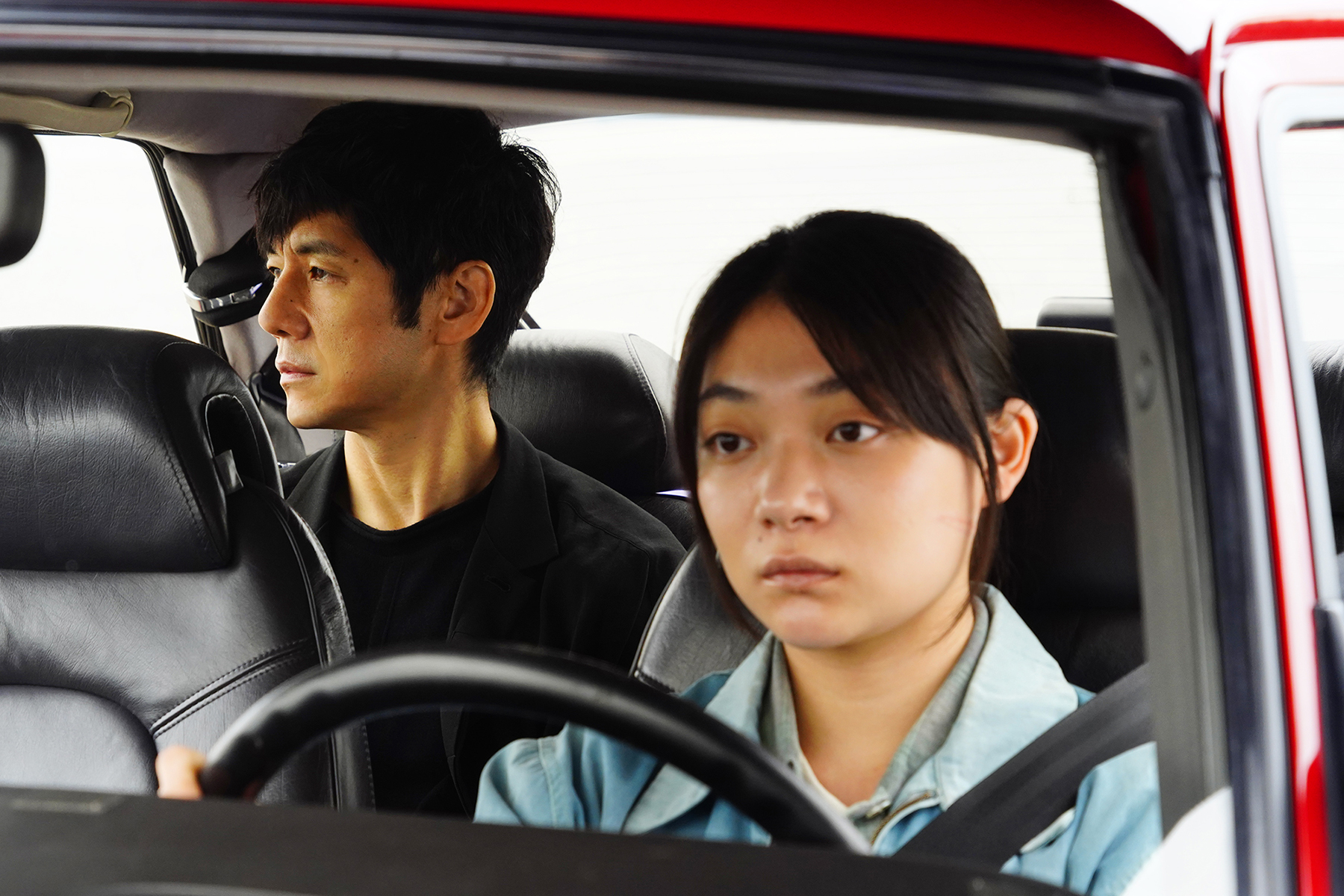- Home |
- Search Results |
- ‘It’s difficult to express emotions in movies’: director Ryusuke Hamaguchi on adapting Haruki Murakami’s short story ‘Drive My Car’
‘It’s difficult to express emotions in movies’: director Ryusuke Hamaguchi on adapting Haruki Murakami’s short story ‘Drive My Car’
Based on Haruki Murakami’s short story in the collection Men Without Women, Drive My Car is a haunting road movie travelling a path of love, loss, acceptance and peace. Ryusuke Hamaguchi answers our questions about adapting the short story into a three-hour-long epic.

Director and screenwriter Ryusuke Hamaguchi’s award-winning filmography includes Happy Hour (2015), Asako I & II (2018), Wife of a Spy (2020) and Wheel of Fortune and Fantasy (2021). Now he has turned his talents to Drive My Car, the winner of the Best Screenplay Award and the FIPRESCI Prize at the 2021 Cannes Film Festival and Japan’s submission for Best International Picture at the 2022 Academy Awards.
Two years after his wife’s unexpected death, Yusuke Kafuku (Hidetoshi Nishijima), a renowned stage actor and director, receives an offer to direct a production of Uncle Vanya at a theatre festival in Hiroshima. There, he meets Misaki Watari (Tôko Miura), a taciturn young woman assigned by the festival to chauffeur him in his beloved red Saab 900.
As the production’s premiere approaches, tensions mount among the cast and crew and, forced to confront painful truths raised from his past, Yusuke begins to face the haunting mysteries his wife left behind.
‘I really wanted to show Kafuku’s grief, his sadness in the film’
The linking theme in the collection Men Without Women is loneliness and male isolation. Was this a theme you wanted to explore with your direction?
The first 45 minutes of the film is like a prologue. And after the first 45 minutes, the film’s story is really close to the original short story. Kafuku’s emotions are expressed in detail in the book. It’s difficult to do the same thing in movies, but I really wanted to show his grief, his sadness in the film. I also felt we had to show the relationship between him and his wife in there, so that’s the first 45 minutes.
Everything changes drastically after that. All the characters are different, so the audience has to start the new story from the beginning. This is the credits part, with the music and driving the car. It’s like a little break for the audience, like a prologue before beginning a new story.
Is there a particular moment in the film that you are most pleased with, or any challenges that you faced?
Kafuku’s character is a theatre director, leading a production of Chekhov’s Uncle Vanya. I enjoyed filming the theatre audition scenes, because I wanted to film something that’s more like a proper audition process that people are aware of.
You could say Drive My Car is a behind-the-scenes film because for a two-hour theatre production, everyone must have rehearsed for a few months, and you can say the same thing about filmmaking: we spent quite a lot of time filming it. It’s enjoyable for everyone to watch the complete film, but we really enjoyed making it.
As a film-maker I want to share that enjoyment with the audience and I think that was why the scenes got longer in this movie, because I wanted to share that pleasure of film-making.
Everything was very challenging in making the film, but the most challenging thing was to create the best environment for all the actors to do their best acting, because as you might know, this film is very wordy and the quality was completely dependent on the actors – more so than other movies, I think. The film-making crew really needed to understand how much effort all the actors had to make and they needed to genuinely respect that so that they could create the right environment for everyone, so they can care about each other. But we had a great crew who were dedicated to creating the best atmosphere for the actors.
I chose the actors who could respect each other – not just the actors but the crew as well – and I think that’s what makes this film really powerful. I hope that I was able to capture the synergy between everyone and we can share that with the audience.